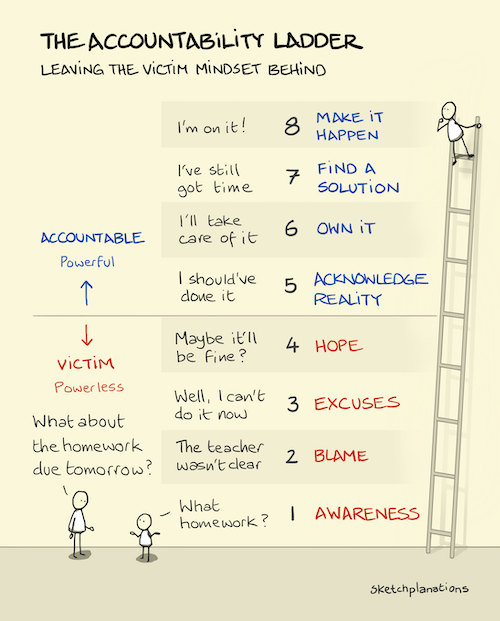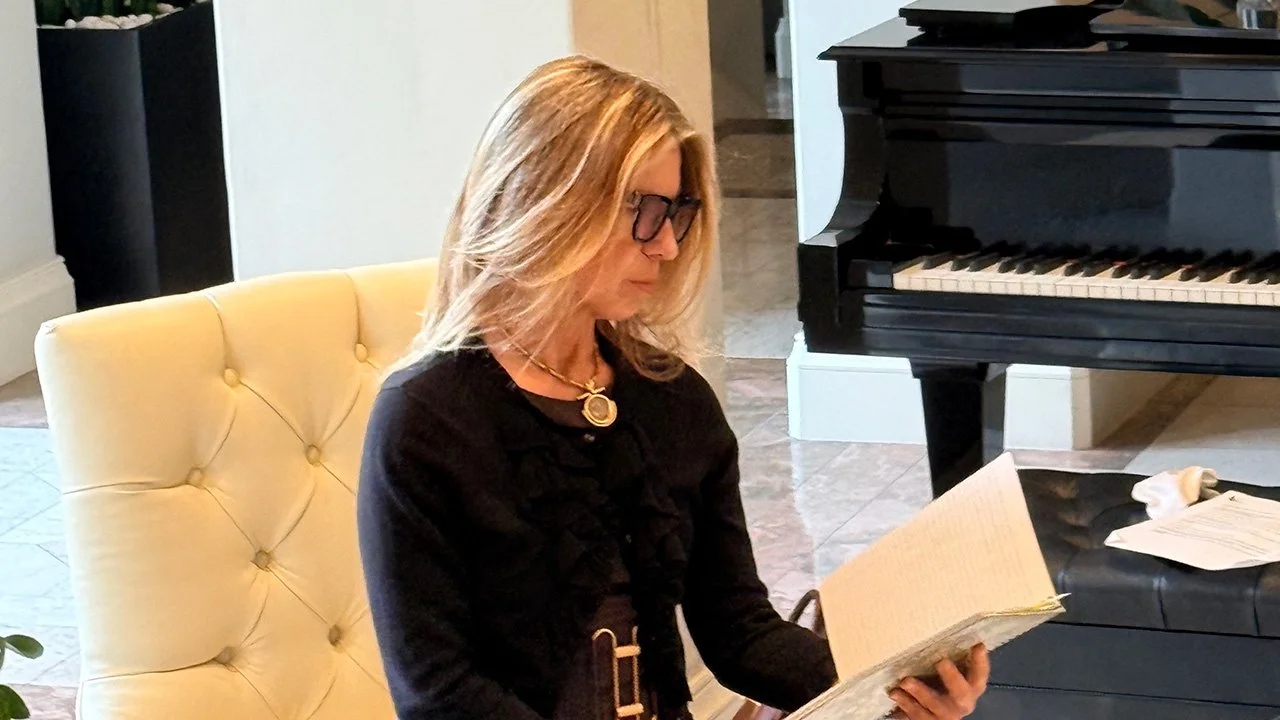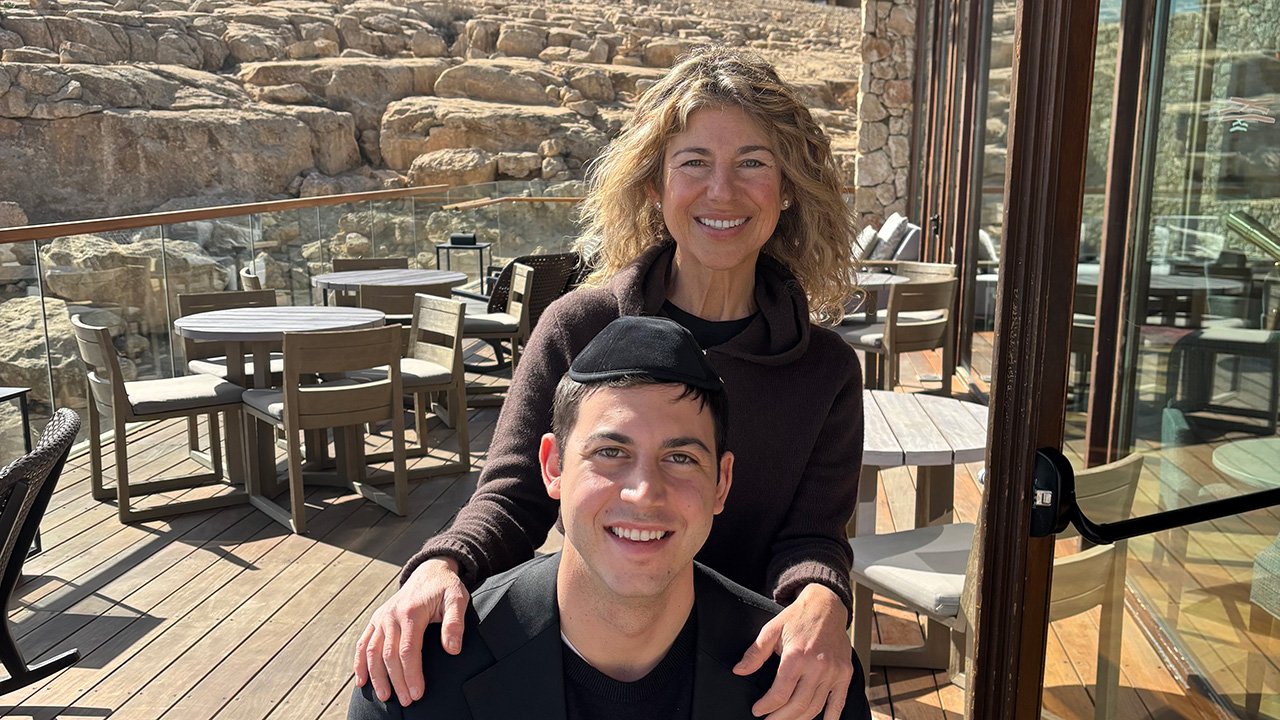You’ve Accepted It. Now Comes the Hard Part…
In last week’s article, I shared two core pillars of Transformational Coaching:
Radical Acceptance and
Radical Responsibility.
I’ve capitalized these concepts intentionally because I want them to stand apart from your everyday run-of-the-mill experiences of acceptance and responsibility.
Your AI friend will tell you that we use the word radical when we are going to the root or origin of something and making significant changes. In the context of acceptance and responsibility, radical means always, not sometimes.
It means doing it when it’s difficult, uncomfortable, and exactly what we don’t want to do.
It means turning these two practices into life values and operating principles, not choices or options on the menu of life.
I shared my insights and a practice on Radical Acceptance last week and promised to dive deeper into Radical Responsibility this week.
Let’s pick up where we left off.
So, you’ve accomplished the first part of this practice (as difficult as it was) and accepted the person, circumstance, or event you’re faced with. I mean fully and genuinely accepted it. Now what?
Now the hard(er) work begins. Now you decide that you and only you are responsible for how you respond to what’s in front of you—the thing you’ve accepted.
My client Debbie has a lovely husband, but he has an annoying habit of interrupting her while she speaks. She’s literally in the middle of making what feels like an important point when he cuts her off with his response, solution, or argument. What’s worse is that they went to couples therapy, and his main takeaway from the entire experience of therapy was to keep his mouth shut until Debbie finished. But Debbie can see it’s just an act—because so often, she’s barely uttered the first few words of what she wants to convey, and she can already tell from his face, eyes, and general posture that he’s no longer listening.
He’s just waiting…
Waiting for Debbie to stop talking so he can finally say what he decided he would say long ago.
Here might be a good place to interject that in my style of coaching, not everyone is right. Not everyone has a good point. Not everyone is faultless due to their circumstances, upbringing, or trauma.
I’m not neutral—and that’s probably why I could never be a therapist.
In my world, some behaviors are just wrong. Some people are largely responsible for creating difficulties in a relationship. And there is very often a right and a wrong way to act in the world and towards others.
So, to be clear, Radical Responsibility does not mean Debbie is responsible for her husband’s behavior. His behavior is no bueno!
It means she is responsible for her response to his behavior.
The practice of cultivating Radical Responsibility is, quite literally, the practice of expanding our response-ability.
Debbie started practicing Radical Responsibility using the following coaching tools:
1. Making Agreements Vs. Expectations
With great patience, she asked her husband multiple times, always during calm, neutral moments, not in the middle of an argument, if they could agree to listen to each other with the goal of understanding rather than proving or winning.
Over time, these agreements became a shared habit, significantly reducing her husband’s tendency to interrupt.
2. Being Responsive Vs. Reactive
Debbie learned this crucial distinction, and I’m so proud of the consistent effort she put in—on her own (as this is work we do on ourselves)—to move away from reacting to emotion and instead respond in alignment with her marriage goals.
This doesn’t mean she never got angry or lost it with her husband. It means she thought about it and deliberately decided to respond from anger, frustration, or even rage. This is a crucial point to understand. Radical Responsibility doesn’t require us to become superhuman; instead, it asks us to create space between a stimulus and our response. And then, own that response rather than blame another for it.
3. Learning the Genuine Meaning of Boundaries
Debbie understood the true meaning of boundaries and set them with love and kindness. Many people believe boundaries are something we impose on others, but in reality, they are commitments we make to ourselves. We determine what is no longer acceptable to us and what actions we will take if that line is crossed—then, we communicate it clearly and stand by our word.
Debbie told her husband, “If I feel like you’re not really listening but just waiting for your turn to speak, I will stop talking, even if it’s mid-sentence.” It was only after Debbie acted on this boundary several times that her husband understood that she meant it and began to change his behavior.
4. Shifting from a Victim to an Owner Mindset
The most powerful shift Debbie made toward Radical Responsibility was letting go of the belief that she was a “victim” of her circumstances. She stopped thinking—and saying—“I have no choice,” and began to own her part and act on her options.
Shifting from a “victim mindset” to an “owner mindset” is essential to starting the journey of Radical Responsibility—but it’s not sufficient. It’s showing up at the start line, and that deserves acknowledgement. But the most challenging part of the work is choosing a new and aligned response the next time we’re faced with a request we cannot—or don’t want to—accommodate.
And the next time…and the next time…
That is why I believe courage is the meta practice required for genuinely embracing Radical Responsibility. Yes, courage is a muscle, and it gets stronger with practice.
One way we can develop our courage muscle is by examining what we perceive as having been “done to us” and metabolizing it differently than we might have in the past.
So often, we believe we are defined by what happened to us. But what if we could uncouple these two things? What if what happened to us doesn’t automatically translate to who we’ve become? What if we could take the past, and through deliberate practice, transform its meaning concerning who we are now?
What if, instead of saying “I am a victim of angry and volatile parenting and that’s why I’m now a people pleaser,” we choose to tell ourselves and others a different story?
When ownership replaces blame, the story begins to sound more like this:
“I was raised by angry and volatile parents who made it dangerous for my young self to speak my mind. But now, I have the courage and the skills to stand up for myself, while still being loving and considerate to others.”
Courage and Radical Responsibility go hand in hand. One is simply impossible without the other. The good news is that they can both be learned, and if you’ve stayed with me to the end of this article, I know you have the necessary interest and the ability to master both skills.
Photo (The Accountability Ladder): Sketchplanations











